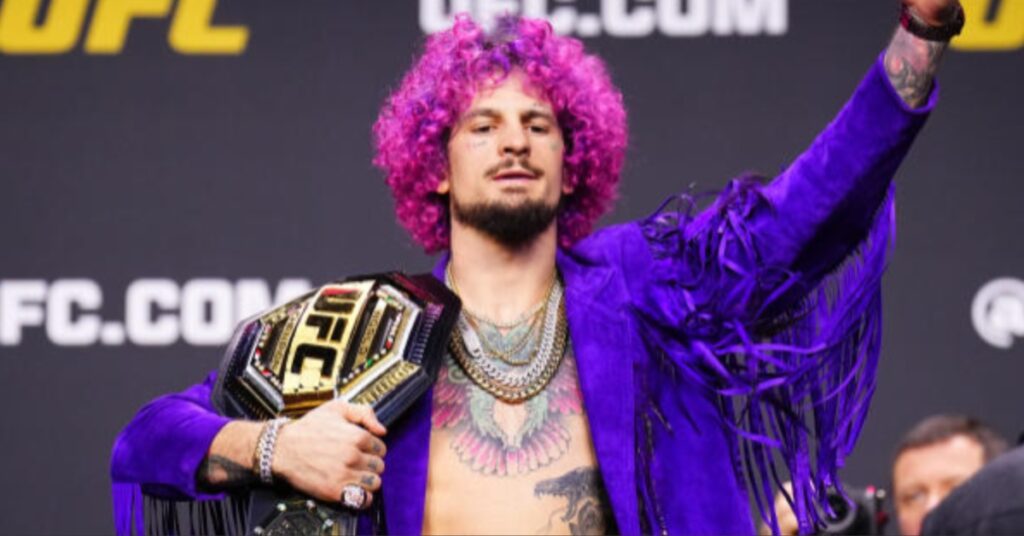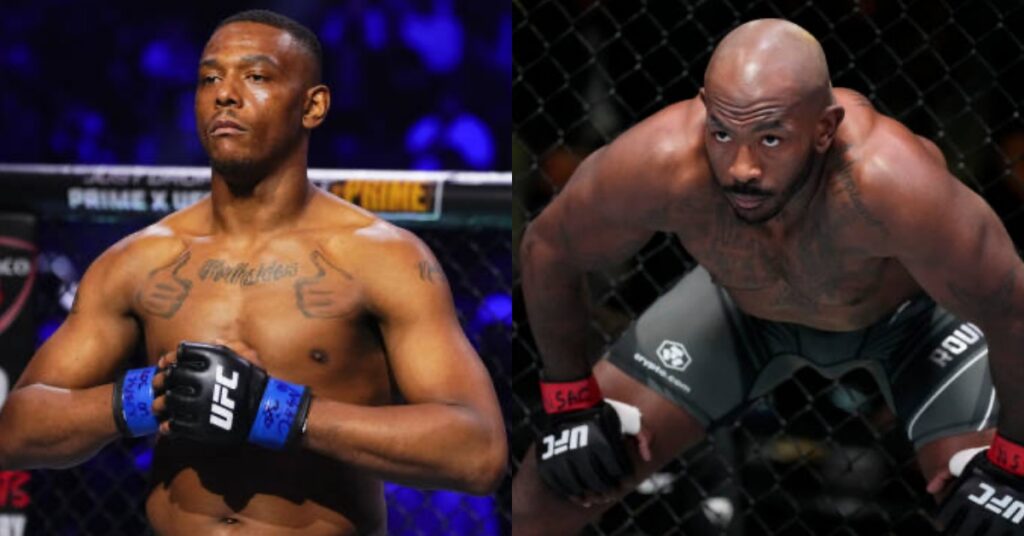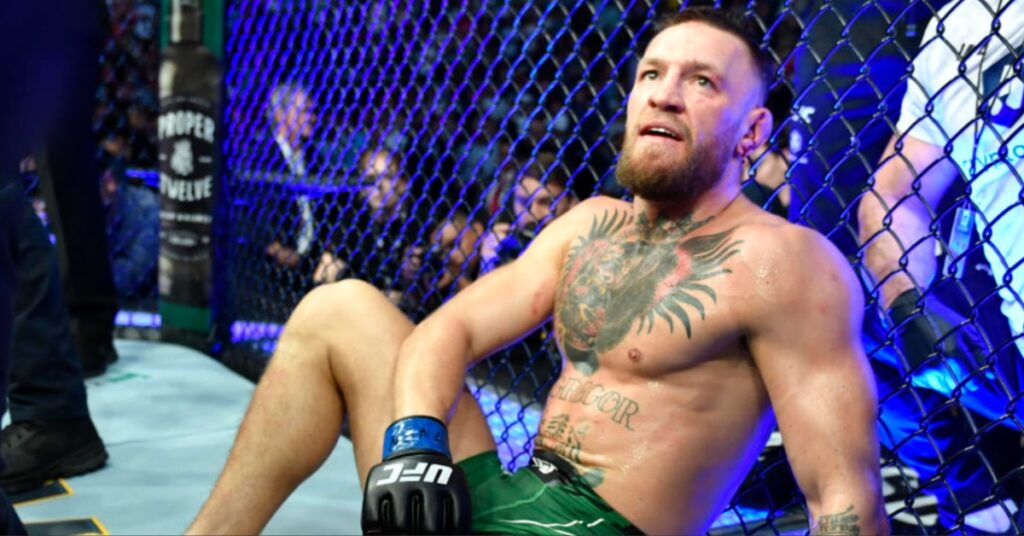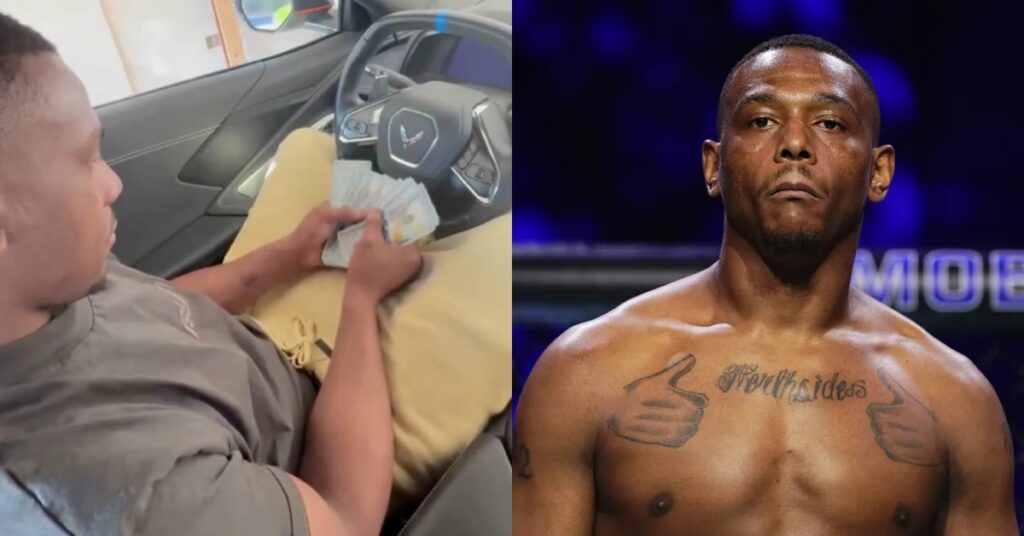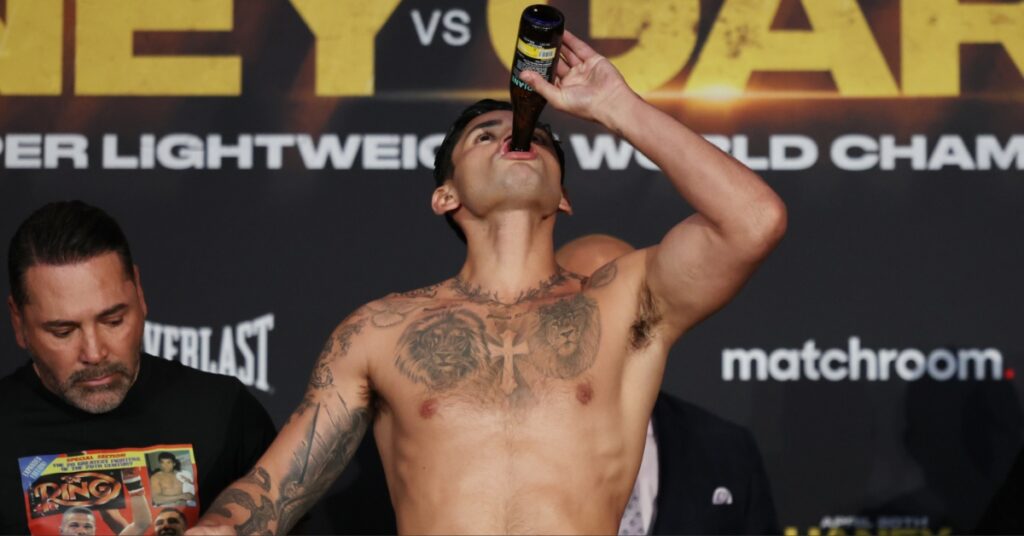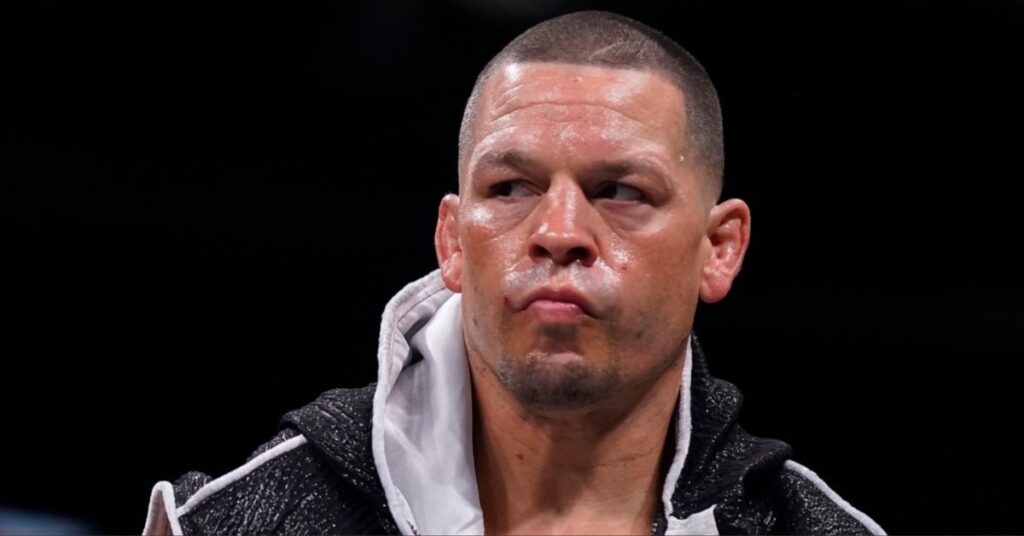What do we really know about fighter pay?
There’s been some great discussion the past few months about fighter pay. I say great because any conversation on the topic is good where the information about what these guys go through and how much they take home gets more press. We’ve even posted some commentary from the Zuffa brass, and a few opinion pieces from our staff here at Lowkick. What hasn’t been voiced is a good amount of fighter opinion on the subject.
UFC employees will usually stay away from conversing their pay with the media, and if they do they’ll usually try to keep it in a good light. Which makes sense because the UFC does take care of a lot of guys (and now girls) with back room bonuses and other non-disclosed payments. However, there is also the very real possibility of more people being disgruntled with the pay and just not wanting to rock the boat.
Recently, there have been two UFC competitors that have come out against the thought of Zuffa “taking care” of its fighters.
Here is an excerpt from an interview Jacob Volkmann did with aboveandbeyondmma.com:
Are you at all bitter about how things worked out with the UFC?
Very bitter. They always claim that they treat the fighters so well. Yeah, they treat the top five per cent of the fighters well — the ones that are on the main card all the time. They don’t treat the rest of them very well. The healthcare plan is horrible, with a $1,500 deductible per injury — the catastrophic-injury insurance is not even really good insurance. There’s no retirement fund, there’s no signing bonus. You start off at six-and-six, you’re really not making too much money because you’re self-employed, so you’re paying the self-employment tax and you’re paying the regular tax and income tax. So you’re paying twice as much in tax. They claim they’re treating the fighters well, but they’re not, realistically.
Do you feel that’s a misconception among fans?
Of course … People always tell me, “You’re rich — you’re on TV!” Are you kidding me? I made $54,000 two years ago, paid $9,000 in taxes, so that leaves me with $45,000. This last year, I made $50,000 and paid $8,000 in taxes. That leaves me with $42,000 — that’s barely above poverty. I have three kids and a wife I’m supporting.
Now, if you want to label Jacob as just a bitter former employee with an axe to grind you would have a valid argument. He is clearly bitter about his exit from the UFC, and by the rest of his interview its apparent he doesn’t want to admit that guys who “stand and bang” are just more exciting than grinders who are not the top of the heap (and even some of those are hated on repeatedly).
He does have some good points though. He’s 6-2 in one of the toughest weight classes in MMA with wins over Danny Castillo, Shane Roller, and Antonio McKee. Those are some tough outs for anybody, and he was pretty visibly gassed after the first couple minutes of round 1 against Green (which would couple with his admission of illness).
However, if you think he just can’t be taken with any sincerity because of his abrupt exit here is some thoughts from an interview with John Cholish on MMA junkie.com:
“I’m fortunate enough that I have a job that provides for me really well,” Cholish said. “I give a lot of these guys credit that fight at this level. I think they could be compensated much better based on the income that the UFC takes in. Fortunately, I can just walk away and I’m OK with it. By no means do I mean it disrespectfully toward any other fighters because I think they do a great job. But hopefully Zuffa and the UFC will start paying them a little better.
“I can still train and still have fun and help other guys get ready,” he said. “That will be fun for me. But especially this whole week, it was just a real experience. It was just a little disappointing, the whole process, and having to go through it for what you put on the line, unfortunately. Win, lose or draw, I wanted to put it out first (on Twitter) so people didn’t think if I lost, that was the only thing.
“I had a great ride fighting from little shows all the way up. I never thought I’d get to the UFC, so it’s been a really cool experience.
“At the end of the day, it’s hard,” he said. “I have great coaches that take time off and travel. They deserve money, as well. To be completely honest, on a fight like this, I’m losing money to come down here. Flights, hotel rooms, food – and that doesn’t even cover the cost of the time I have to pay for my coaches for training. It’s funny because people talk about the fighters, but at the same time there’s camps and coaches behind the fighters that you don’t even see. So if a fighter is having a tough time making ends meet, how do you think his coaches are doing?”
John Cholish informed the masses over twitter the week before the fight that his match against Gleison Tibau would be his last win, lose, or draw. He is not a disgruntled former employee. He is a decent fighter, and knew that even when he was competing in the lower levels of the biggest mixed martial arts promotion in the world it wasn’t anywhere close to his day job.
What do you think Lowkickers? Is this a needed side effect to keep fighters hungry, and competing at the highest levels? Or in your opinion are these two just a couple more examples of why fighters should get a bigger share of Zuffa’s profits? Let us know in the comments!

